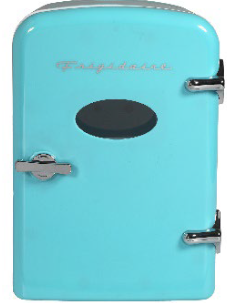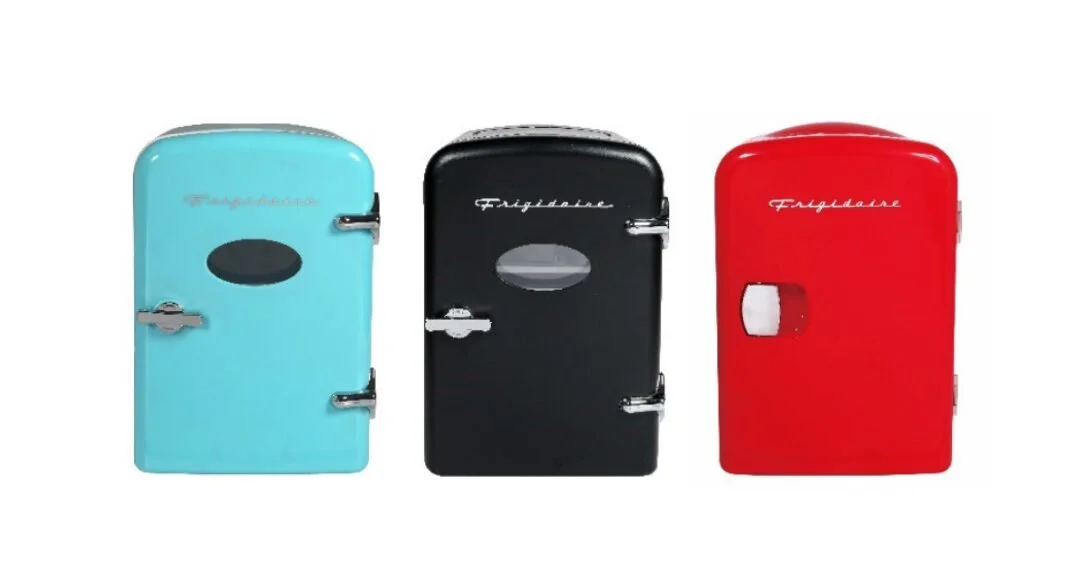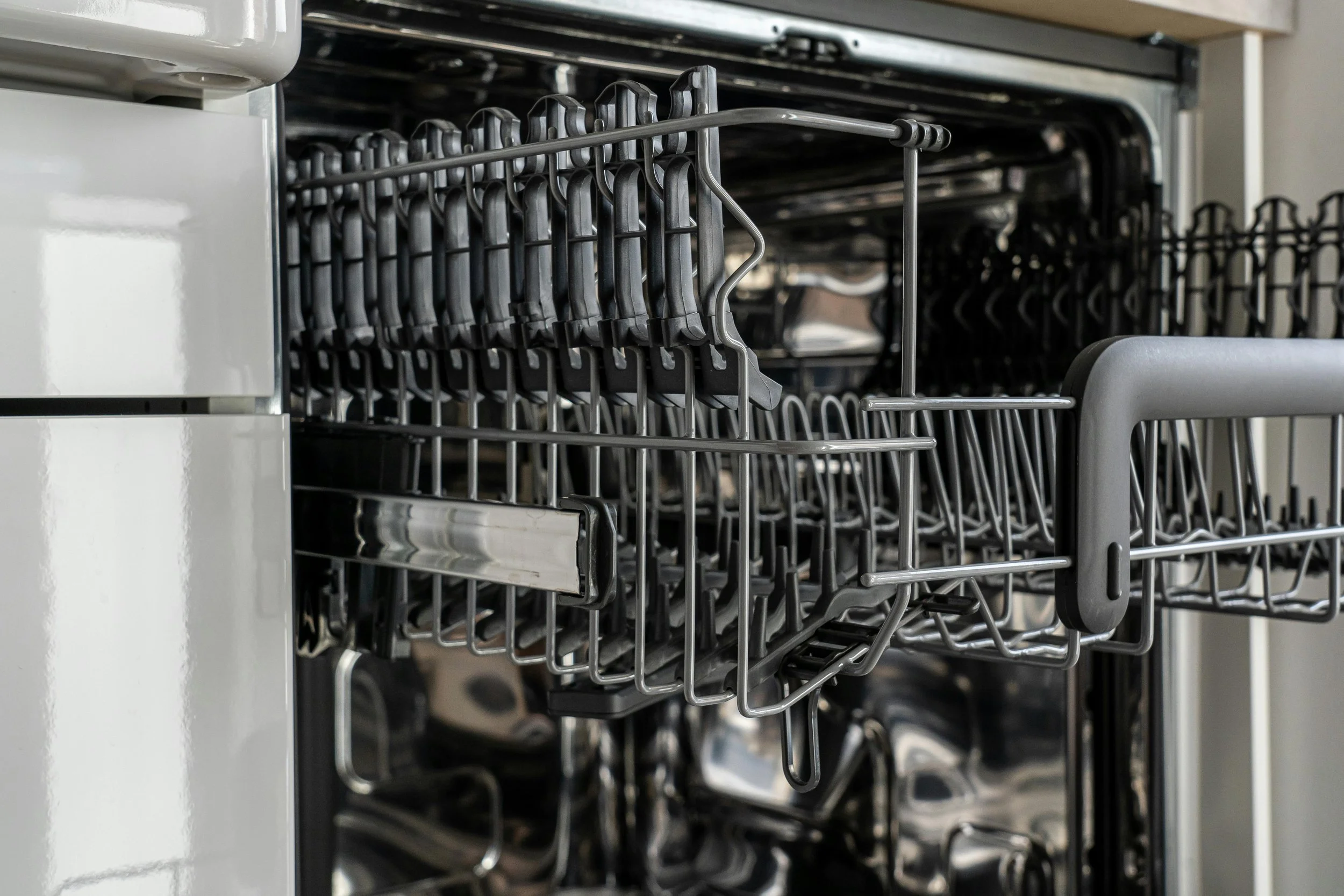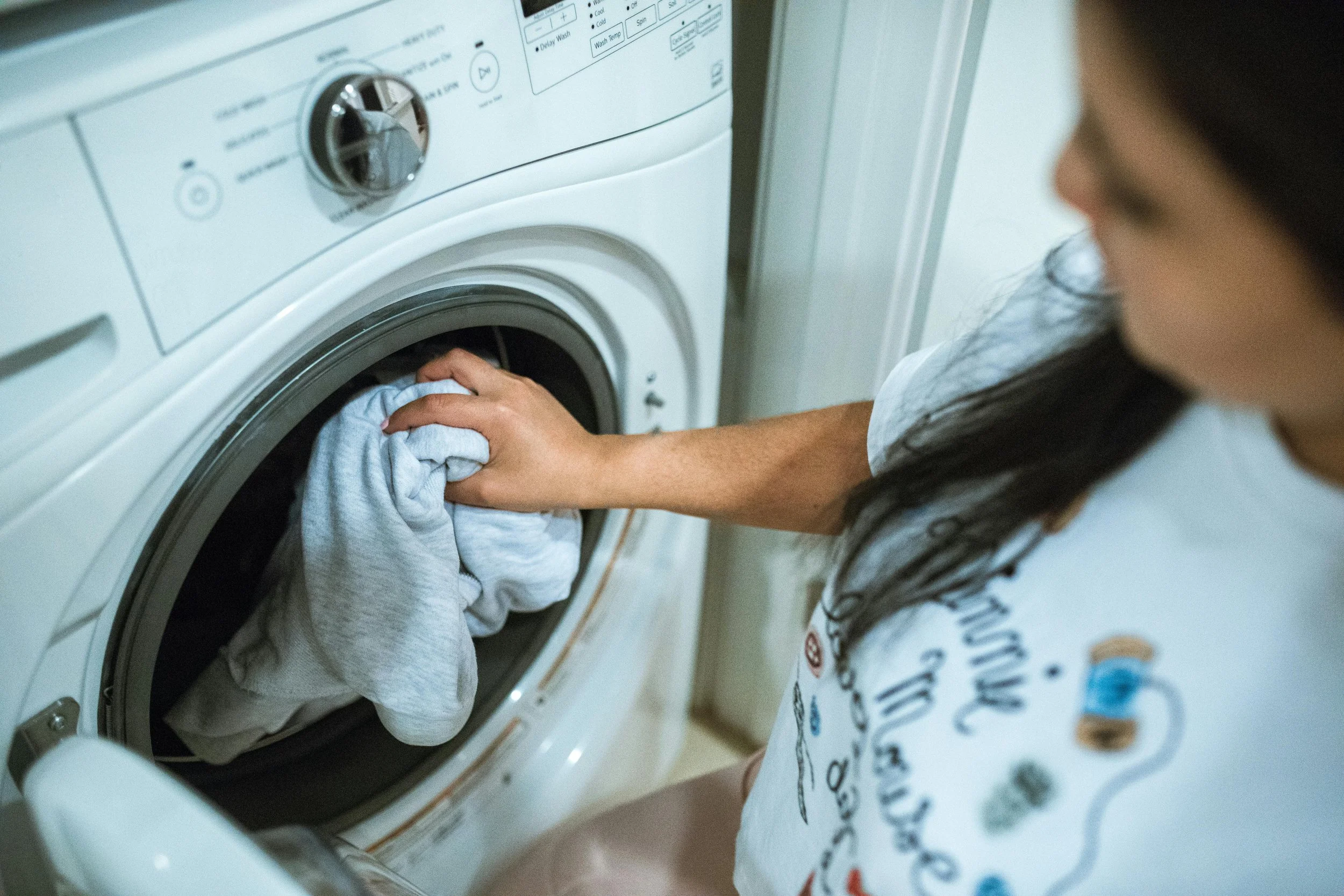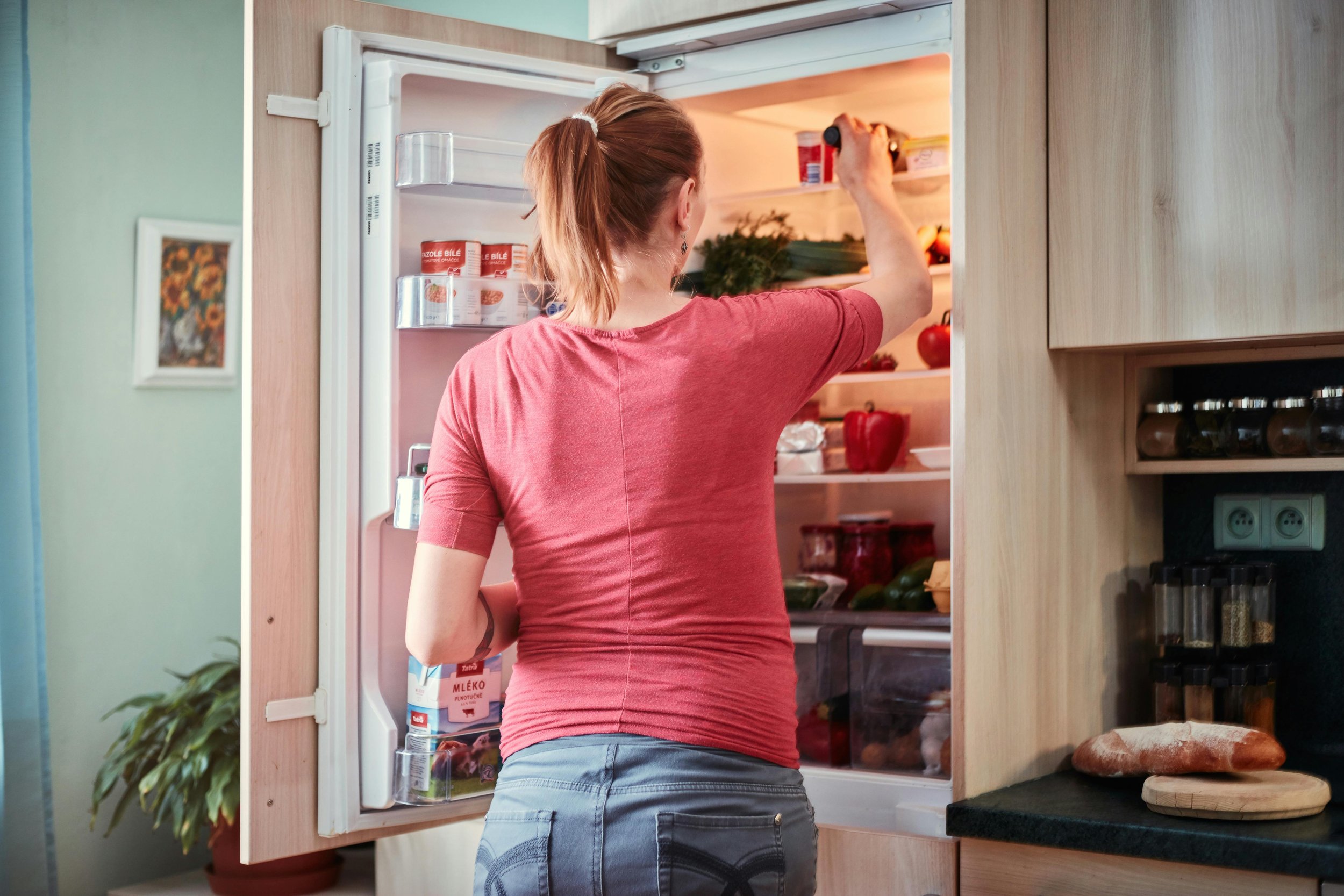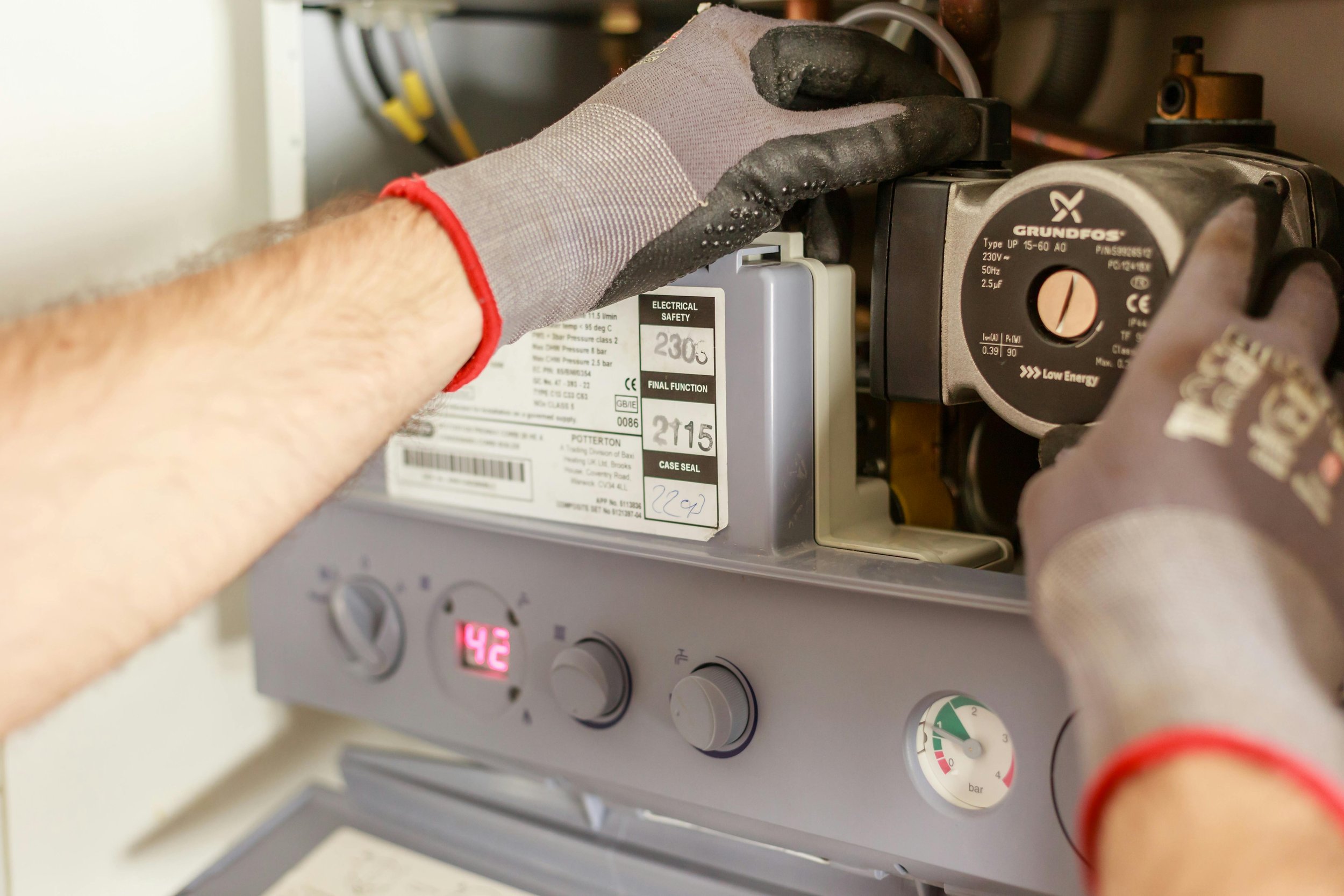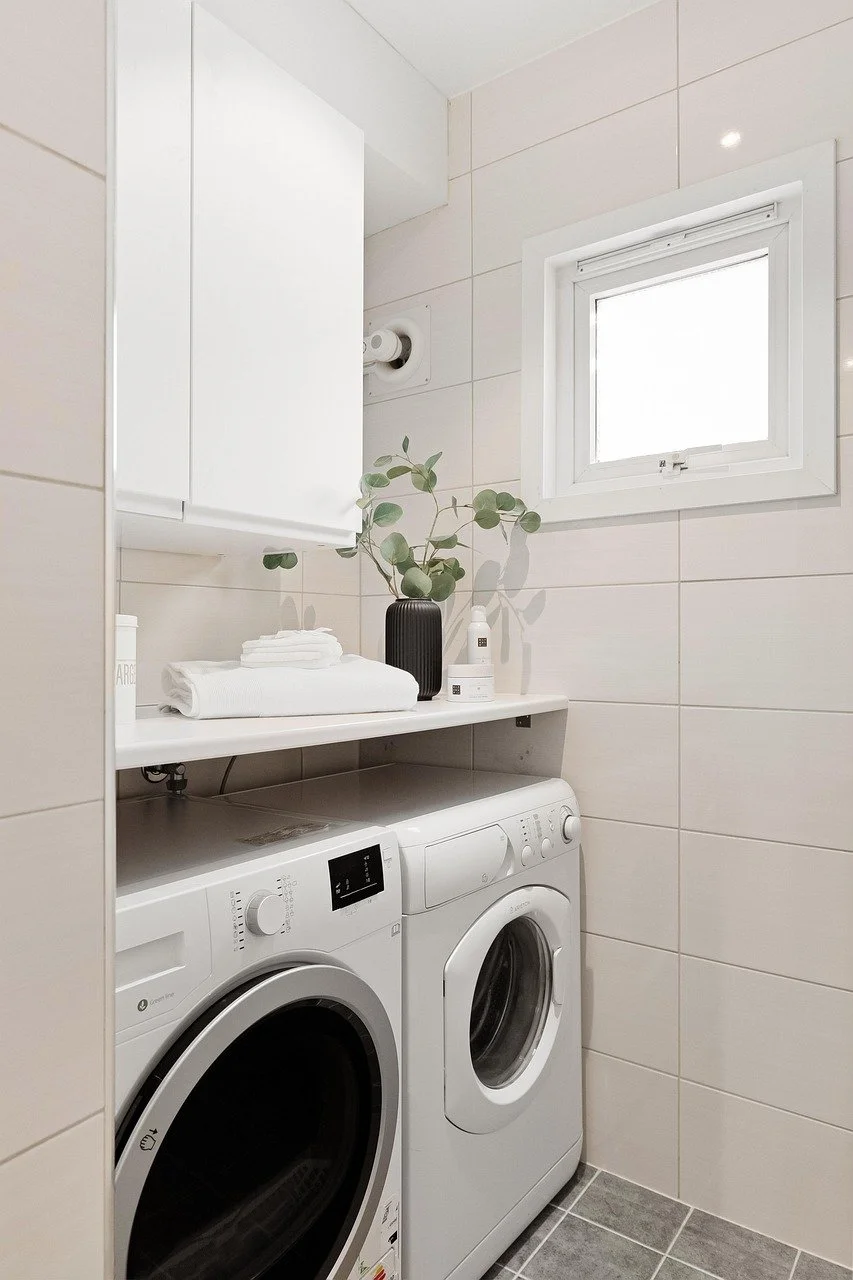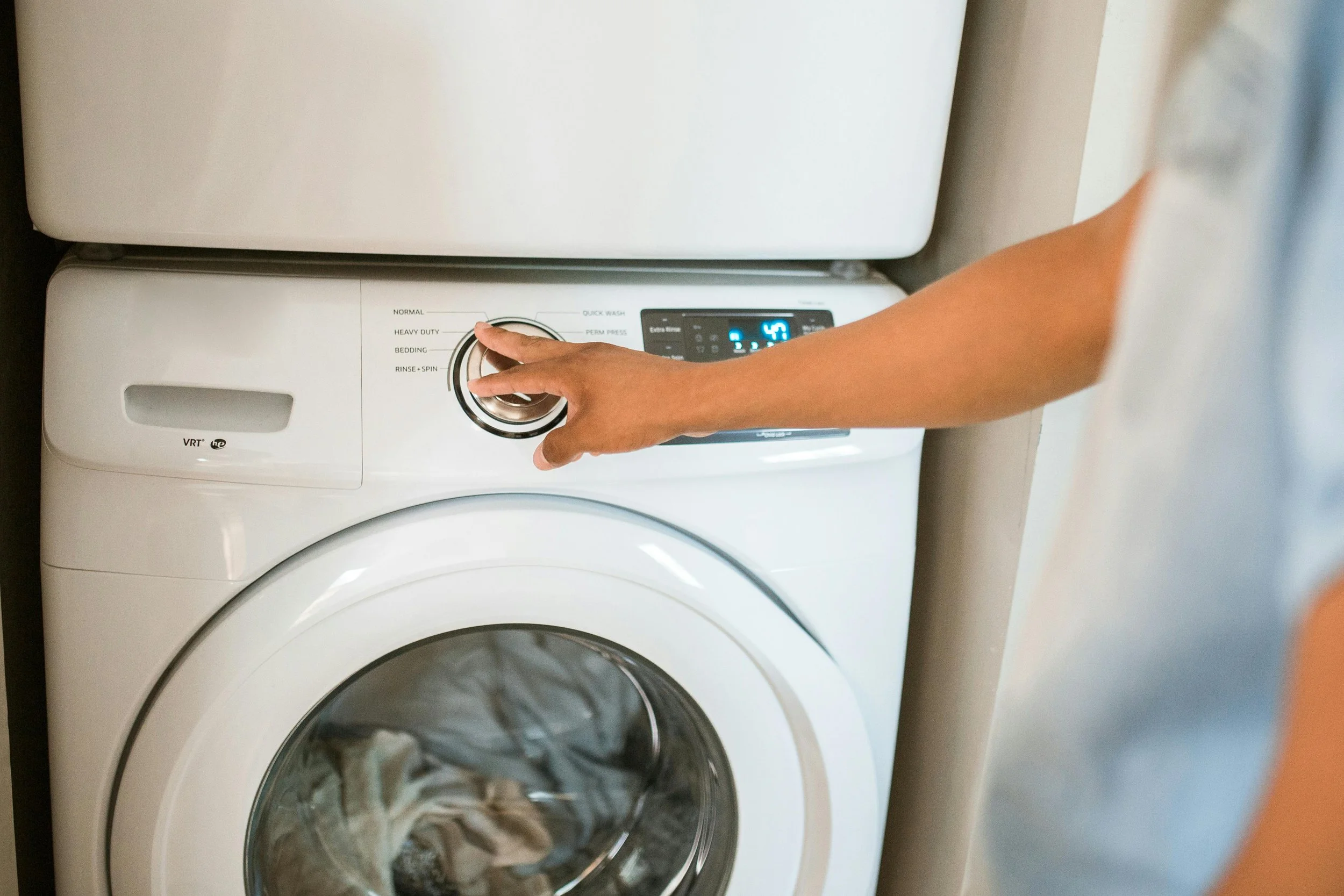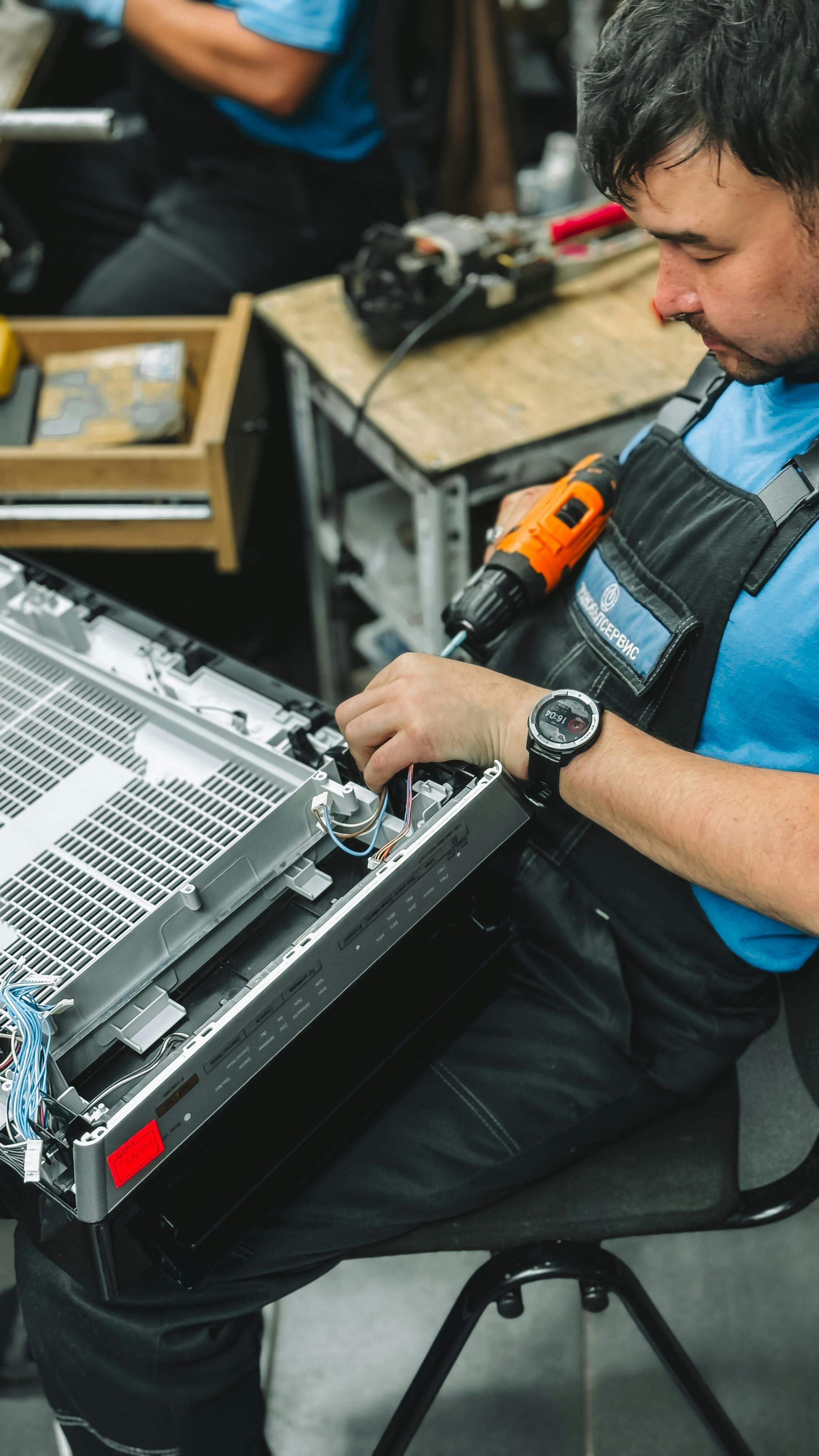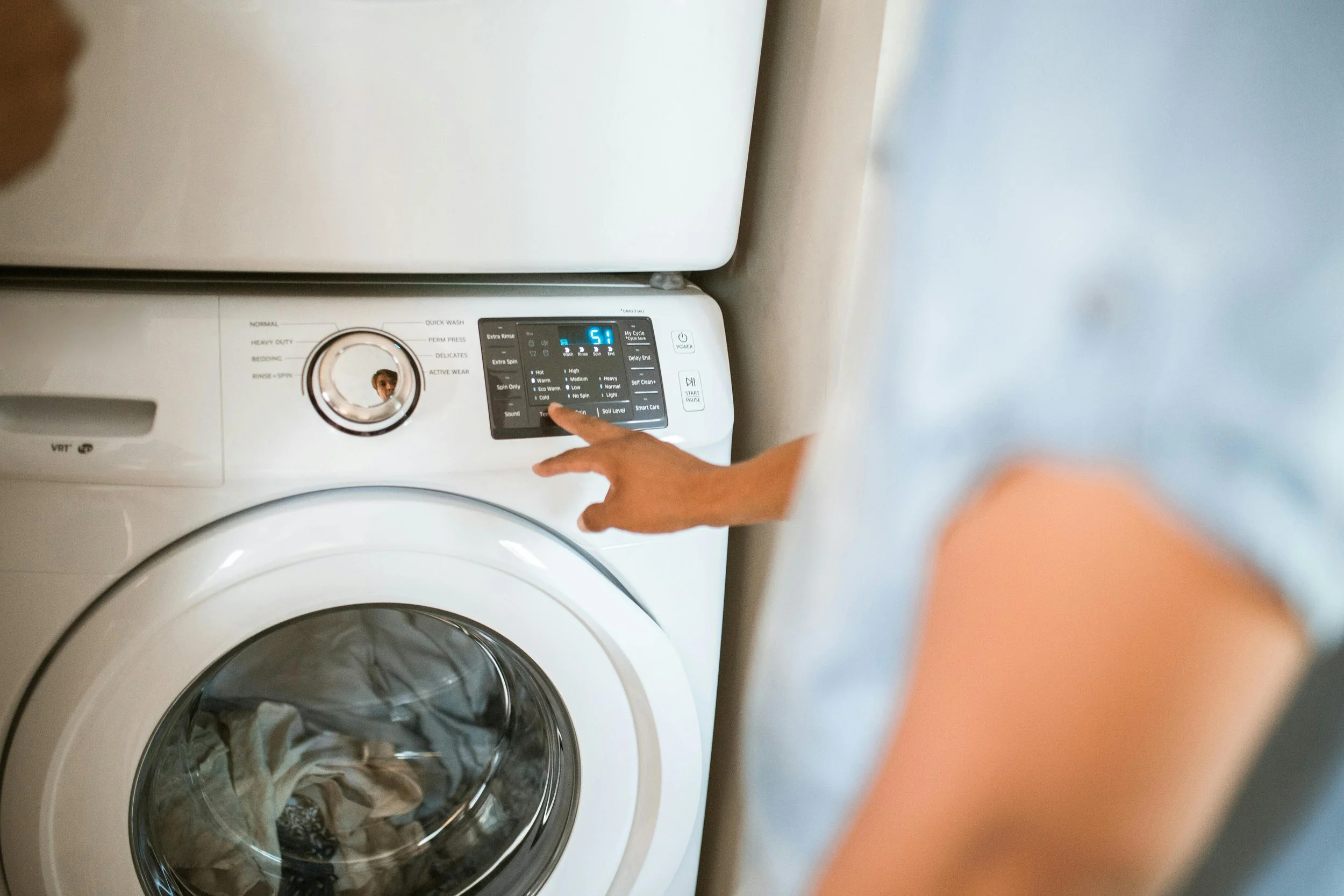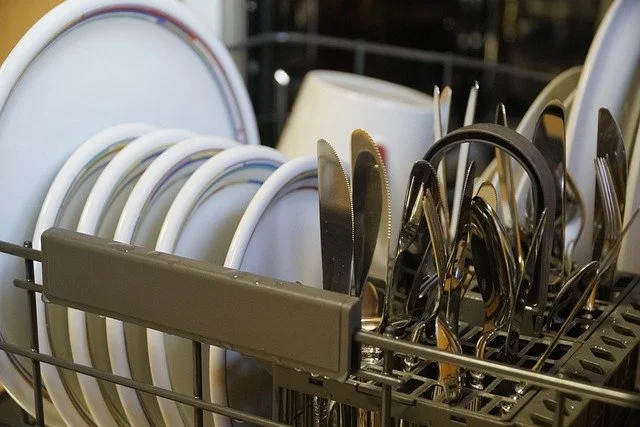The CPSC expands a nationwide recall affecting models sold at Target, Walmart, and Amazon.
Homeowners Alert: Frigidaire Mini Fridge Recall Expands to Nearly 1 Million Units
PSA
If you own a Frigidaire mini fridge purchased in the last few years, it may be time to check the model number. A major recall has now expanded, affecting nearly one million units due to fire hazards.
What Happened?
U.S. Consumer Product Safety Commission (CPSC) has announced an expanded recall of Frigidaire-branded mini fridges manufactured and distributed by Curtis International Ltd..
The original recall, issued in July 2025, involved approximately 634,000 units. As of January 15, 2026, an additional 330,000 mini fridges have been added. This brings the total to approximately 964,000 affected units.
The issue stems from internal electrical components that can short circuit and ignite the surrounding plastic housing, posing serious fire and burn hazards.
According to the CPSC, there have been at least 26 reports of the mini fridges smoking, sparking, melting, overheating, and catching fire. Property damage linked to the earlier recall exceeded $700,000. Two consumers also reported smoke inhalation injuries.
The expansion adds six additional fire reports tied to the newly included model.
These units were manufactured in China and imported by Curtis International Ltd. of Canada.
Why Do Recalls Expand?
It is not uncommon for recalls to grow over time.
Manufacturers and regulatory agencies often begin with the models most clearly tied to reported incidents. As additional reports are investigated or production records are reviewed, more units may be identified as sharing the same internal components or manufacturing batches.
An expansion does not necessarily mean the original recall was incomplete. Instead, it often reflects an ongoing investigation and additional data being reviewed after the first announcement.
In this case, the addition of model EFMIS121 increases the total number of affected units to nearly one million nationwide.
Who Is Affected?
The recall now includes the following Frigidaire mini fridge models:
EFMIS129
EFMIS137
EFMIS149
EFMIS175
EFMIS121
The earlier models were sold in 6-can and 9-can sizes in a variety of colors including black, blue, green, white, yellow, red, pink, and silver. They were available at major retailers such as Walmart and Amazon between January 2020 and December 2023, typically priced between $36 and $40.
The expanded recall specifically includes the 6-can red model EFMIS121 sold exclusively at Target stores and Target.com from January 2020 through October 2023 for approximately $30 to $40.
To determine if your unit is included, locate the model and serial number on the label affixed to the back of the mini fridge and compare it to the list provided on the official recall website.
What Is Being Offered?
Unlike some recalls that involve repair kits or replacement parts, this recall offers a full refund.
Consumers are instructed to:
Immediately stop using the mini fridge
Unplug the unit
Cut the power cord
Write “Recall” on the front door using permanent marker
Dispose of the appliance according to local and state regulations
Refund registration is available at: www.recallrtr.com/minifridge.
Why Is This Recall Significant?
While mini fridges are often marketed as convenient additions to dorm rooms, offices, nurseries, or game rooms, they are still electrical appliances. When internal wiring fails, the results can escalate quickly.
The reported incidents include units burning, melting, and igniting nearby materials. With nearly one million units now affected, this is no small recall.
It is also worth noting that many of these appliances were purchased several years ago. If yours has been running quietly in a bedroom or garage since 2020, this is not something to ignore.
Why Smaller Appliances Should Not Be Overlooked
Because mini fridges are compact and relatively inexpensive, they are often viewed as low-risk additions to a home. Many are placed in bedrooms, nurseries, offices, or garages and left running continuously with little thought.
However, they operate on the same electrical principles as full-sized refrigerators. When internal wiring fails or overheats, the surrounding plastic housing can ignite just as easily.
A smaller footprint does not mean a smaller hazard. In fact, when these appliances are placed in enclosed spaces or near combustible materials, the risk can escalate quickly.
What Should You Do?
Start by checking the model and serial number on the back of your mini fridge.
If your unit matches one of the affected models, stop using it immediately and begin the refund process.
Even if your specific model is not included, this is a good reminder to regularly inspect smaller appliances for signs of overheating, unusual smells, or discoloration around outlets and cords.
If you are experiencing electrical issues with any appliance in your home that fall outside of this recall, reach out to us at Appliance Rescue Service.
There should never be a time when you feel uncertain about the safety of an appliance operating inside your home. Whether it is a full-size refrigerator, a range, or a compact mini fridge, our technicians are experienced in diagnosing and addressing potential hazards before they become emergencies.
Your home should feel secure. If something seems off, we are here to help.

